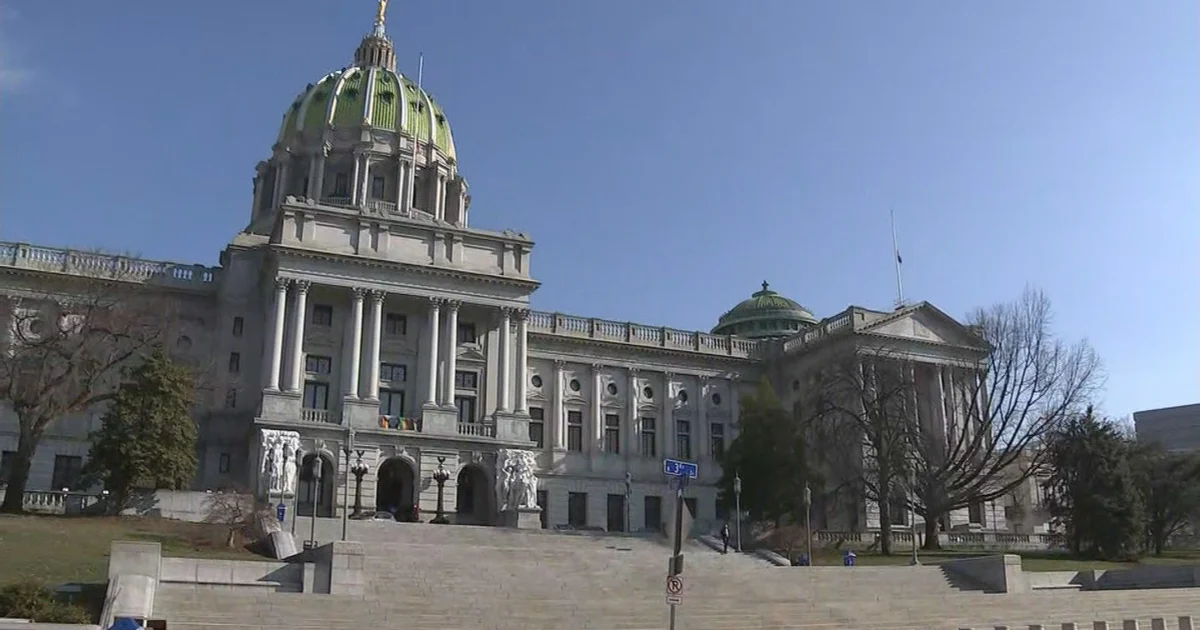A group of property owners in Humboldt County, California, is bringing a case against the county to the U.S. Supreme Court, as reported by the Institute for Justice (IJ). The plaintiffs, including Corrine and Doug Thomas, Blu Graham, Rhonda Olson, and Cyro Glad, argue that the county imposed millions in cannabis abatement fines and fees on them, despite their lack of involvement in cannabis cultivation. They claim this action violates their constitutional rights.
The plaintiffs contend that the county’s code enforcement system has led to life-altering penalties without a proper jury trial, leaving them in a state of uncertainty regarding their properties. IJ lead attorney Jared McClain stated that the plaintiffs have been unable to sell or develop their land due to the outstanding fines. “We are challenging Humboldt County’s enforcement system because it imposes substantial fines without proper justification,” McClain said. He criticized the county for using fines as leverage to pressure property owners into compliance with cannabis regulations, often without evidence of illegal activity.
According to McClain, some plaintiffs have waited up to six years for a hearing regarding their cases, during which time they have faced mounting fines. He emphasized the importance of a jury trial to resolve these disputes, arguing that the current system allows for hearings before county-appointed officials who may be biased towards the county’s interests.
The legal battle began when IJ filed a complaint in October 2022 against Humboldt County, its Board of Supervisors, and the Planning and Building Department. A federal magistrate dismissed the plaintiffs’ civil rights claims in May 2023, stating they lacked standing because they had not paid the fines. However, a Ninth Circuit Court of Appeals ruling in December 2022 reinstated the claims for four of the five plaintiffs, affirming that their rights under the Eighth Amendment were at stake due to excessive fines.
The ongoing case raises questions about the application of the Seventh Amendment to state and local governments, an issue not yet resolved by the Supreme Court. McClain noted that a ruling in favor of the plaintiffs could establish precedent for applying the Seventh Amendment at local levels, reinforcing the need for jury trials in similar cases.
As the legal proceedings continue, Olson shared her personal struggles, mentioning that the stress from the ongoing case has led to health issues. “We just want a fair chance to defend ourselves in front of a jury,” she stated.
The Supreme Court’s decision on whether to hear the case could have lasting implications for property rights and local government accountability in California and beyond.



